Australian Opposition Promises Budget Boost, Faces Scrutiny Ahead of Election
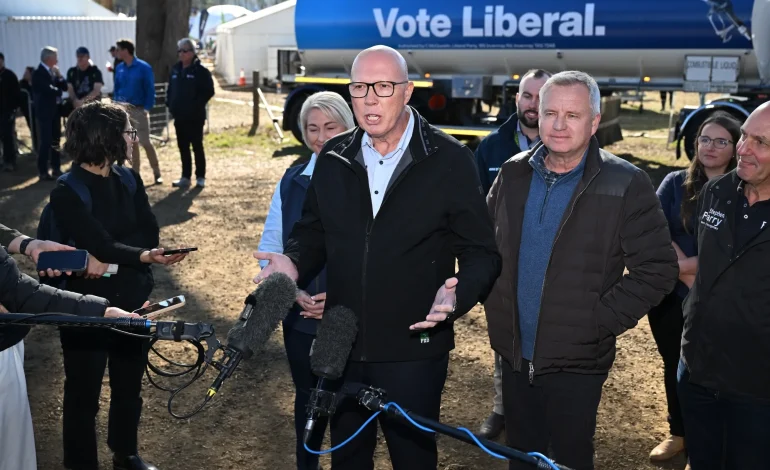
Australia’s Liberal-National Coalition has unveiled its economic plan ahead of Saturday’s election, promising to improve the nation’s budget bottom line by approximately A$14 billion ($9 billion) over the next four years, Bloomberg reports.
The plan, championed by Shadow Treasurer Angus Taylor and Shadow Finance Minister Jane Hume, focuses on cutting bureaucracy and reversing tax cuts implemented by the current Labor government.
However, the opposition’s policy costings, released Thursday, reveal a mixed picture. The budget deficit is projected to initially worsen, ballooning by around A$8 billion over the first two years. The Coalition anticipates a sharp turnaround in fiscal years 2028 and 2029 as savings measures take effect.
The announcement comes just days after S&P Global Ratings cautioned that Australia’s coveted AAA sovereign credit rating could be jeopardized if election promises lead to increased structural deficits, debt, and interest expenses.
The Coalition’s program aims for a significant A$40 billion in debt reduction, largely achieved through the abolition of Labor initiatives. These include production tax credits for critical minerals and the planned reduction of student debt.
A core element of the Coalition’s strategy is downsizing the public service, with a proposed reduction of 41,000 employees. They also plan to scale back foreign aid disbursements.
Notably absent from the costings release was any mention of the projected costs associated with the Coalition’s plan to establish a domestic nuclear industry. Opposition Leader Peter Dutton declined to answer reporters’ questions regarding the future expenses of this ambitious project.
The election takes place this Saturday, with Prime Minister Anthony Albanese vying to become the first Australian leader in over two decades to secure consecutive election victories. Over 4.8 million Australians have already cast their ballots, and current polls suggest Albanese is likely to retain power, either with a narrow majority or through support from minor parties and independent candidates.
Easing the cost of living has emerged as the dominant issue in the 2025 election, fueled by three years of sustained inflation, high interest rates, and a widespread housing crisis. Both the incumbent government and the opposition have presented various housing policy proposals, with Labor also offering tax cuts.

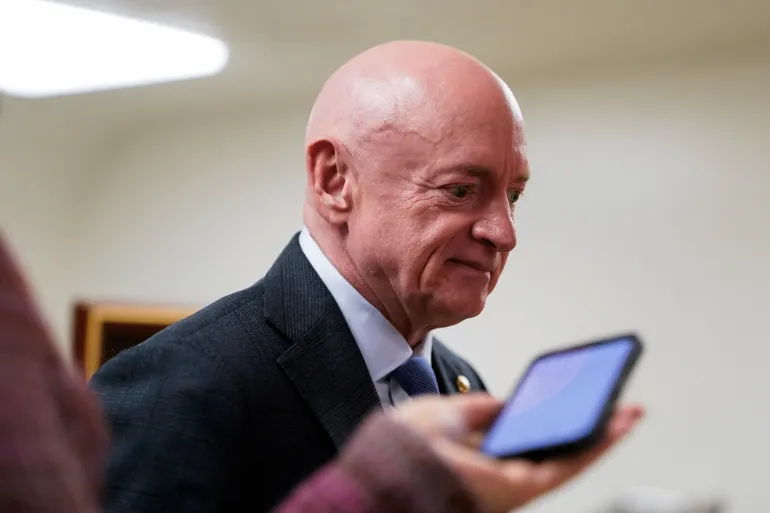
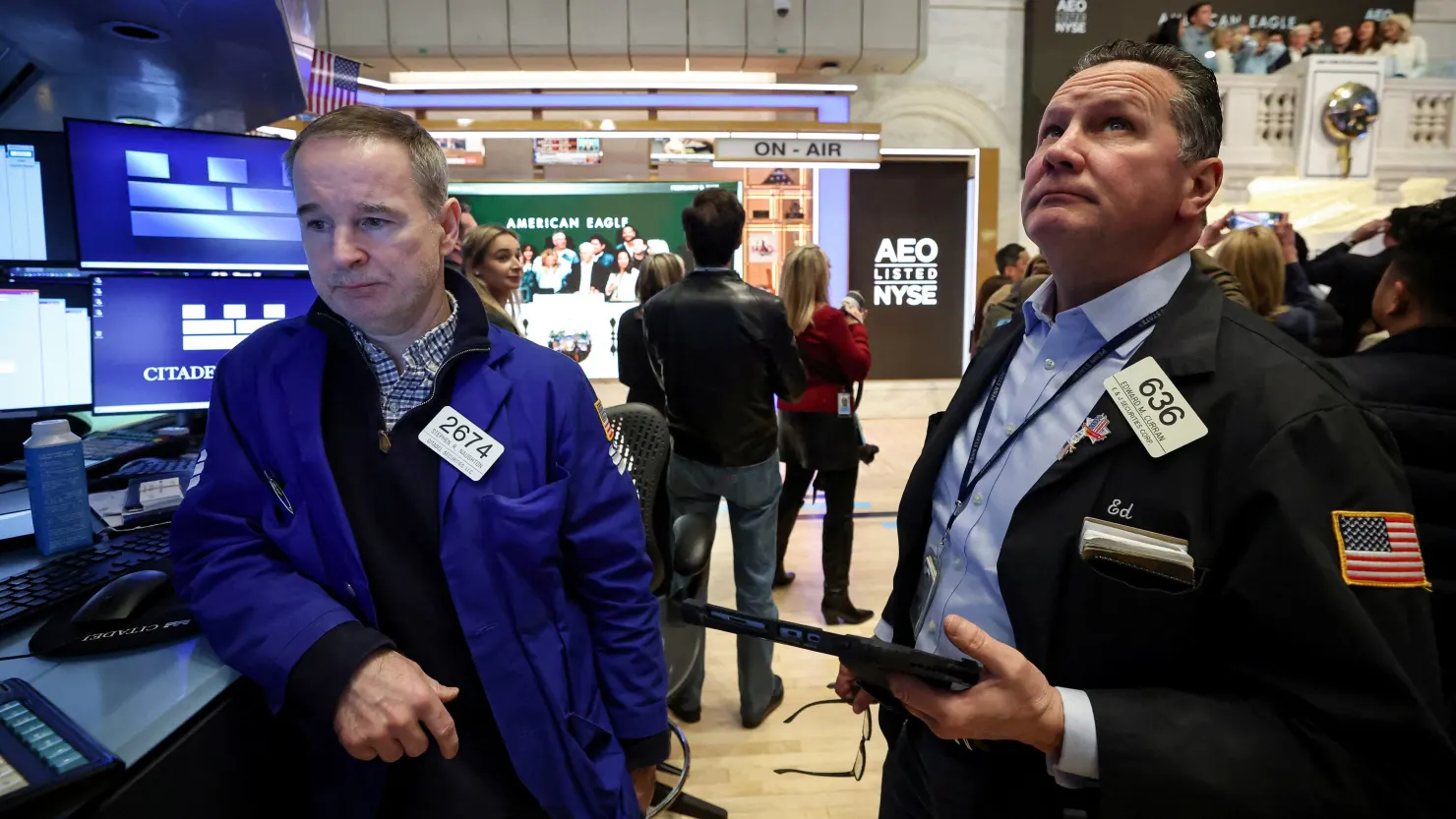
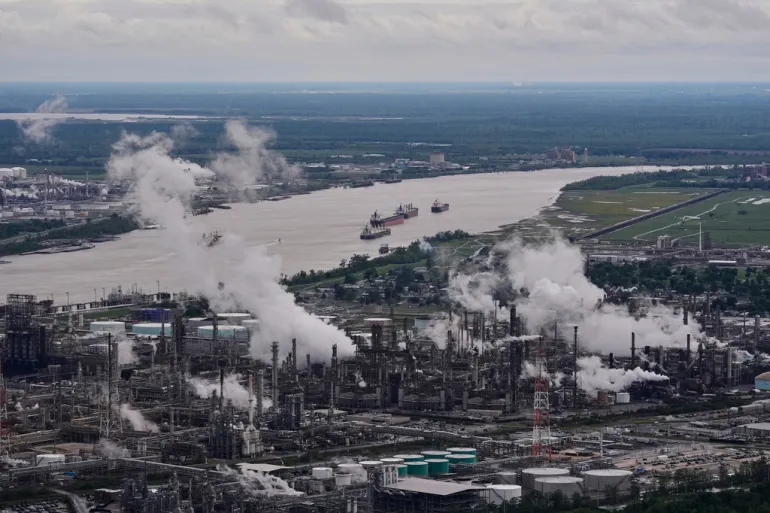
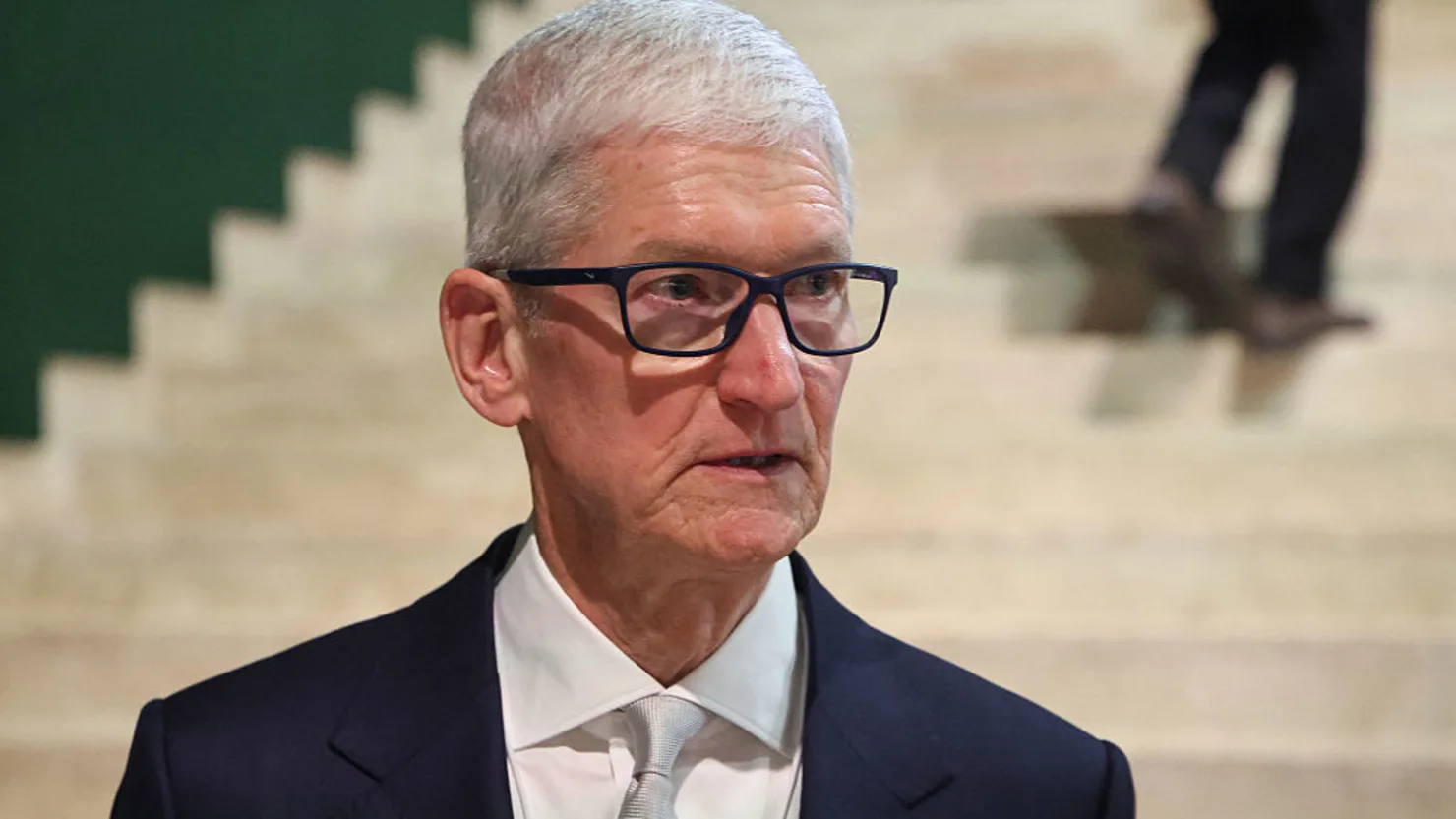




The latest news in your social feeds
Subscribe to our social media platforms to stay tuned